ONLINE GRIEF AND RAGE RITUAL COHORT STARTING FEBRUARY 6
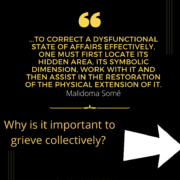
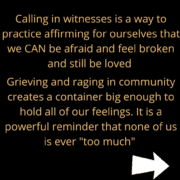
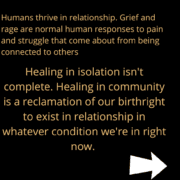
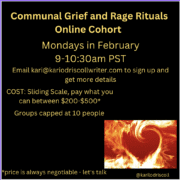
Communal Grief and Rage Work is a set of practices and inquiries that center around where we feel grief and rage in our bodies and how we’ve created patterns of relating thanks to things we’ve learned/social contracts (mostly invisible and unwritten) that we have agreed to throughout our lifetimes. Grief is what we feel when our gifts go unshared (love, talents, etc. – we can grieve the loss of a job, the loss of a beloved, the loss of community, etc.). Rage is the flip side of that where we feel powerless, we know things could have been different but we can’t see how to make it that way, and we are frustrated that others around us don’t feel the same impact. If we don’t/can’t metabolize and alchemize our grief and rage, we end up flipping between the two depending on which one is more socially acceptable at the time.
Old grief can look like being paralyzed about what to do/how to spend our time while simultaneously feeling an urgency (time is running short). It can look like an inability to make decisions, only being able to do the simplest, most baseline of things to just keep going (and this is when we default to the old systems/ways of being – white supremacy, patriarchy, living in our subjugated self), etc.
Old rage often presents as resentment. Rage is about powerlessness – we know things should be different but we can’t see how to make them that way so we capitulate and ultimately get resentful, or we find little ways to dominate others in our lives so we can feel like we have power somewhere.
Grief and rage are so intertwined and they live in our bodies so deeply. These practices unite body, mind, and spirit to build intention and strengthen our self-awareness with inquiry. The goal is to excavate the patterns and metabolize the ways we’ve somaticized them and break the old rules that are no longer serving us. This is not about re-living old traumas, but about learning to hold them with care and allow them to inform the way we move forward. It is about healing the younger parts of ourselves that deserved more care (even if ‘younger’ means last week) and learning to create the structures where we ask for and can receive that care.
Sign up here or email me at kari@kariodriscollwriter.com with questions or to arrange for different payment options.


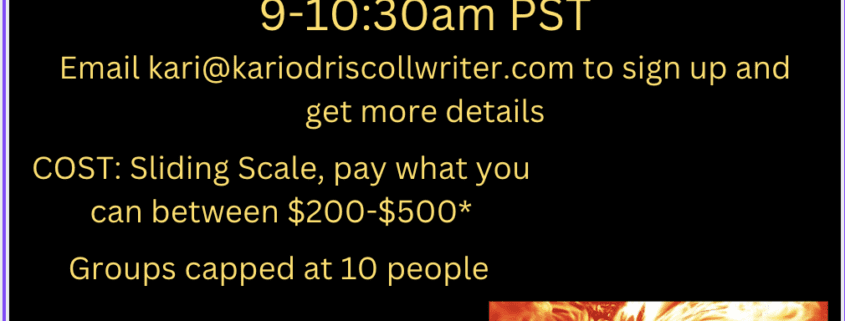
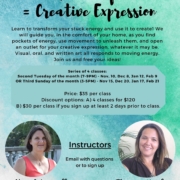
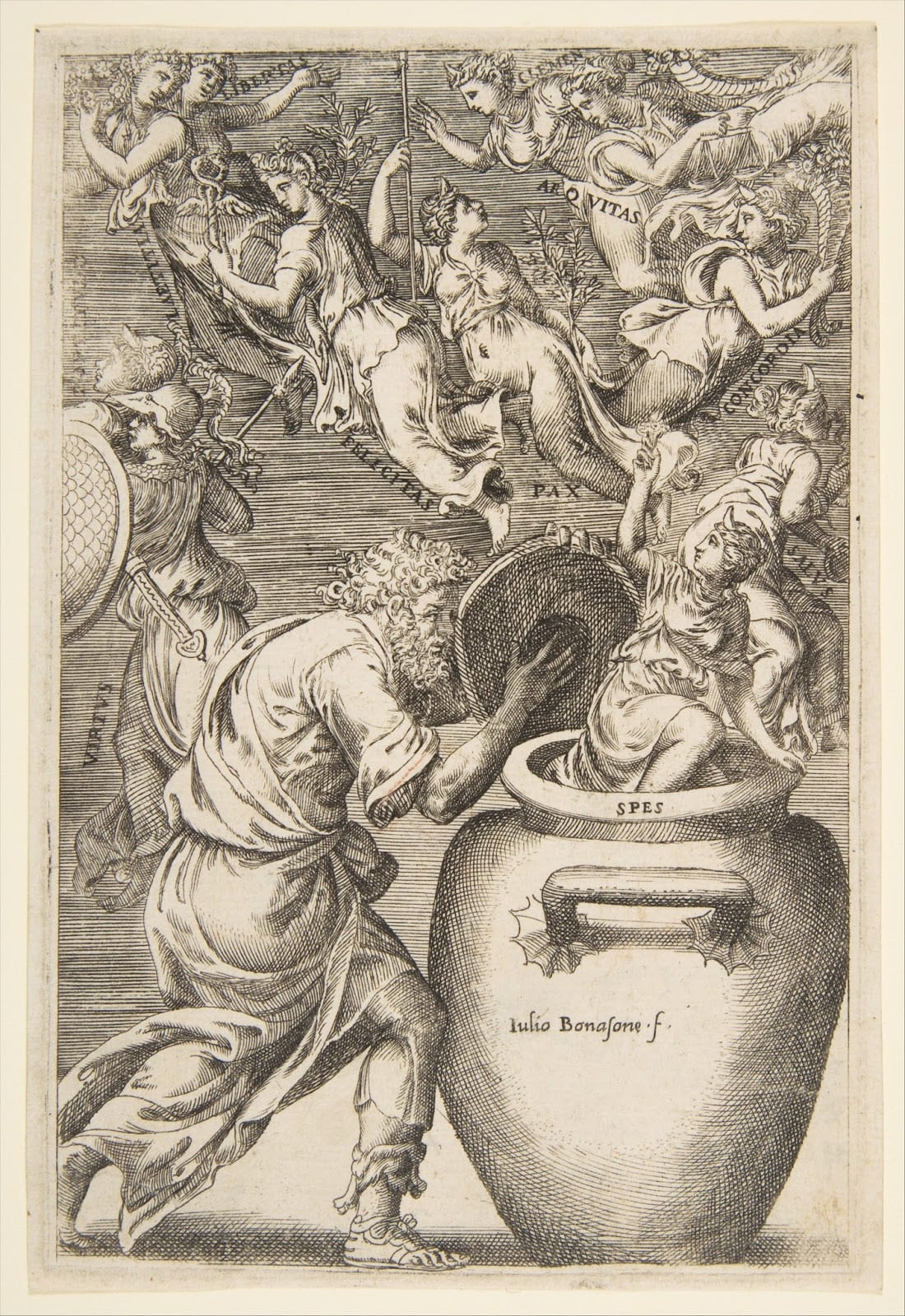

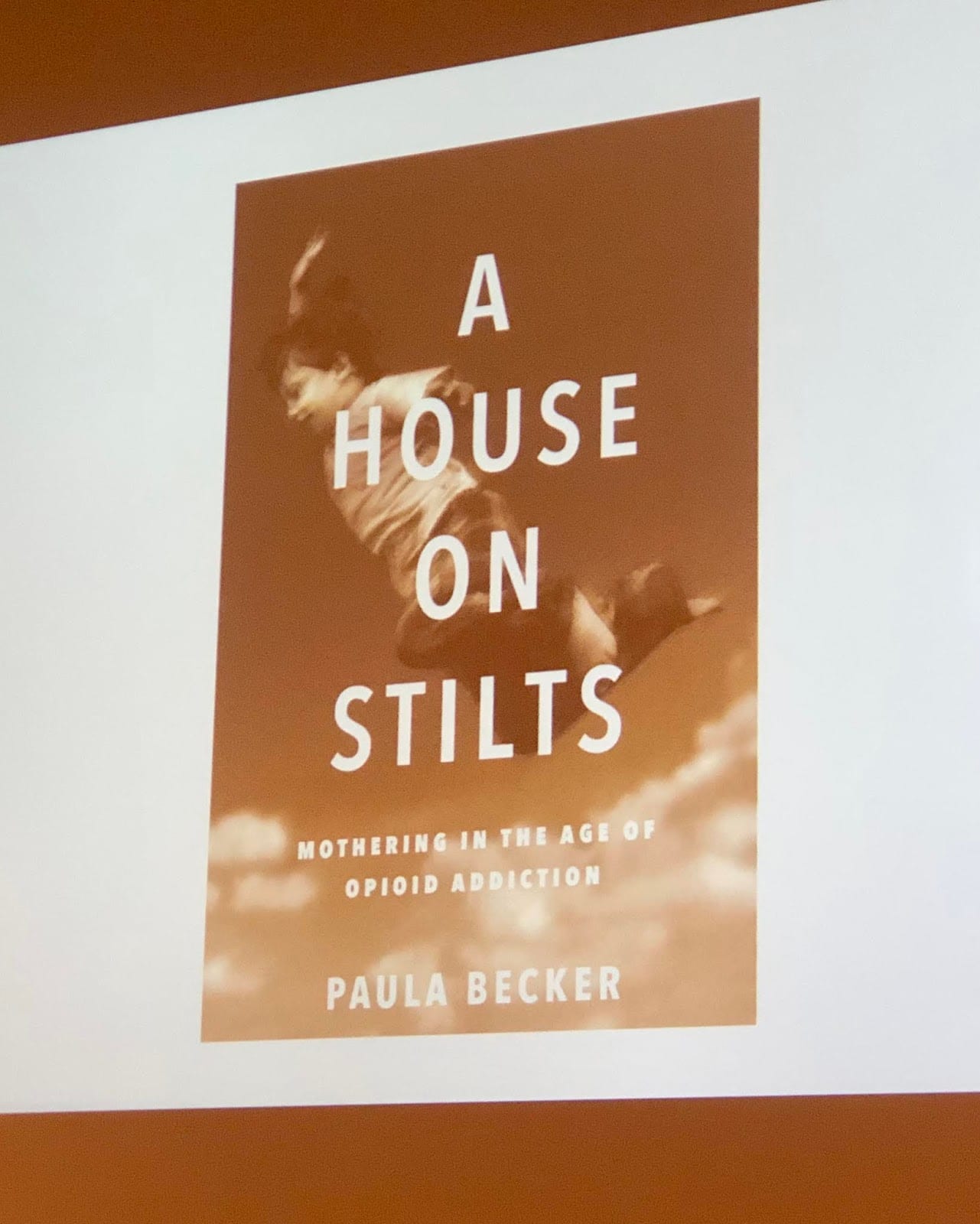
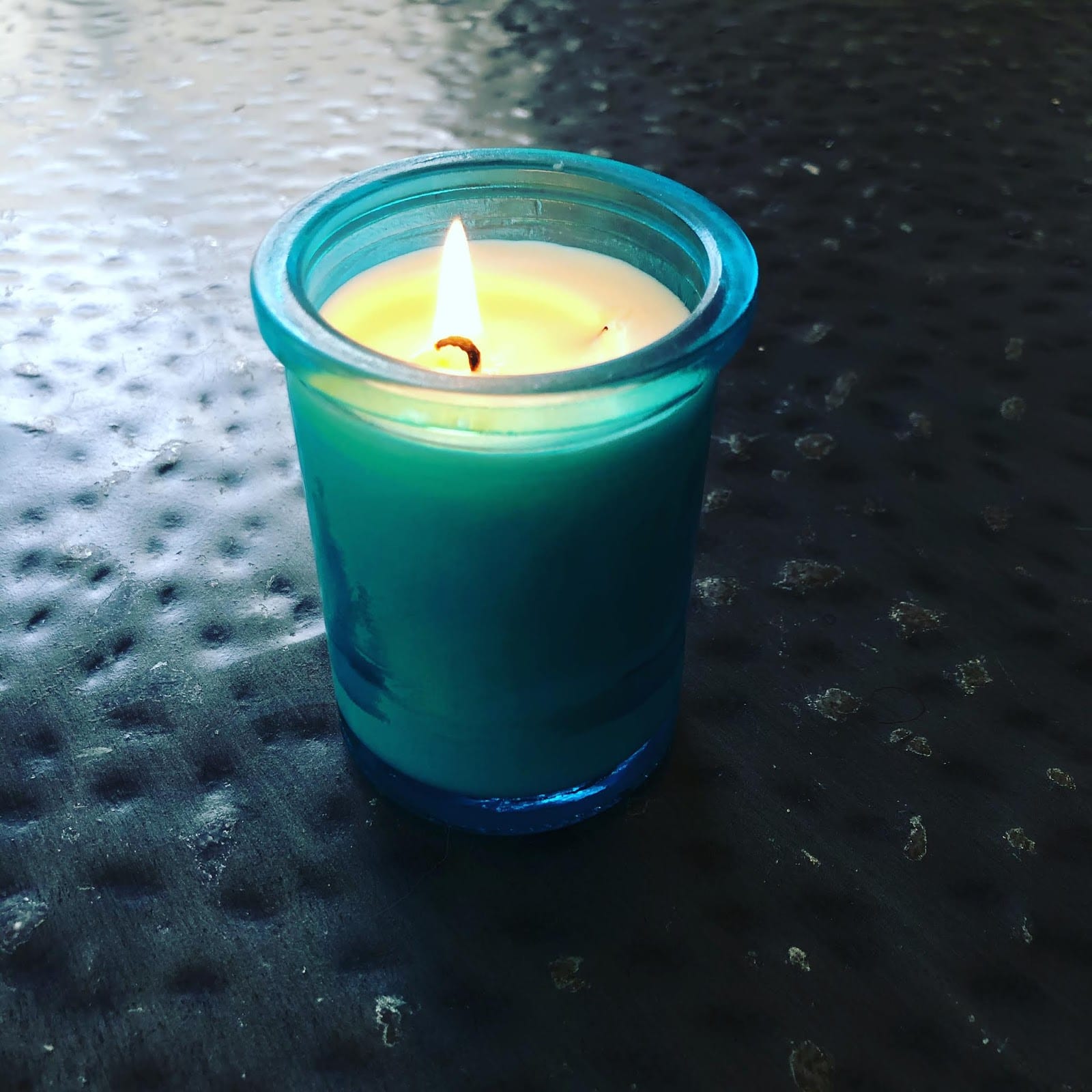
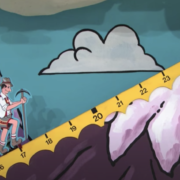

Leave a Reply
Want to join the discussion?Feel free to contribute!